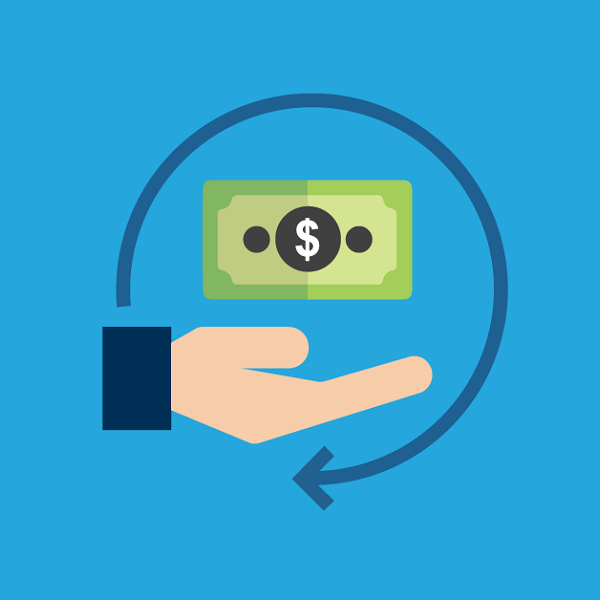
Self-employed Aussies face tax return paralysis as high costs and reduced rebates hit
Self-employed Aussies are having to spend an average of $1,000 to prepare their tax return this year, while half (50%) of those who have received their assessment are reporting a lower rebate compared with previous years, according to new data from Hnry.
The latest Hnry Sole Trader Pulse* – the only nationwide survey of sole traders in Australia – reveals a broader state of tax paralysis. Half (47%) of those that work for themselves are yet to submit their tax return, and almost a fifth (17%) admit they have not even begun preparations, despite the October 31 deadline being just days away.
Karan Anand, Managing Director of Hnry Australia, said, “By their very nature, Australia’s 1.5 million sole traders are self-reliant go-getters – contributing to a thriving sector that grows by 50,000 annually. However, tax season can be a confusing and stressful period for many independent earners who have to spend even more time and money on their financial affairs to meet their tax obligations.
“Our research shows sole traders spend an average of six hours on financial admin every week. Add to that the pressure of tax time while forking out a large sum to potentially receive a smaller rebate following the phasing out of the Low and Middle Income Tax Offset (LMITO), and it’s no wonder a large proportion are putting off submitting their return. That’s despite the prospect of a $313 late fine.”
While associated tax submission costs for self-employed women are lower – an average of $610 compared to $1,199 for men – this doesn’t necessarily correspond with financial assurance. Half (51%) of men feel positive about the performance of their business over the last quarter, compared to 38% of women. Men also feel more secure (67%) in their jobs than women (50%).
According to Anand, while the last quarter yielded some positive sentiment shifts overall, the view of sole traders was very cautious moving into 2024.
“Across the board, we’ve seen independent earners’ feelings towards their financial performance move in the right direction over the past three months – with those feeling positive increasing from 36% to 46%. The majority are also feeling satisfied in their profession (62%) and positive about their work-life balance (65%). So, it’s clear sole traders are continuing to reap the benefits of working for themselves – from the freedom of pursuing their passions, to the flexible lifestyle it offers.
“However, just a fifth (19%) feel good about the current state of the economy, a quarter (26%) believe the country is already in recession, and a further 41% expect that we will be within the next year. As a key barometer of economic health in Australia, it’s more important now than ever to ensure this sector receives the right support and feels empowered to focus on the business of their business,” Anand said.
Hnry exists to demystify all things tax and support sole traders to get their affairs in order with peace of mind, so they can focus on doing what they love. Though automatically paying taxes throughout the year and preparing their tax return for them, including ensuring all tax-deductible expenses are accounted for, Hnry ensures that sole traders never have to think about tax again.
“With four in five (80%) independent earners using a program or app to manage their finances feeling comfortable with their tax and financial affairs, Hnry frees self-employed people from the burden of financial admin with confidence,” Anand concluded.
The Hnry Sole Trader Pulse is Australia’s only regular, comprehensive regular snapshot of the sentiment of self-employed people in Australia, such as tradies, freelancers, and consultants.


